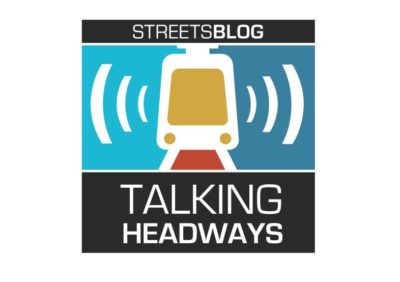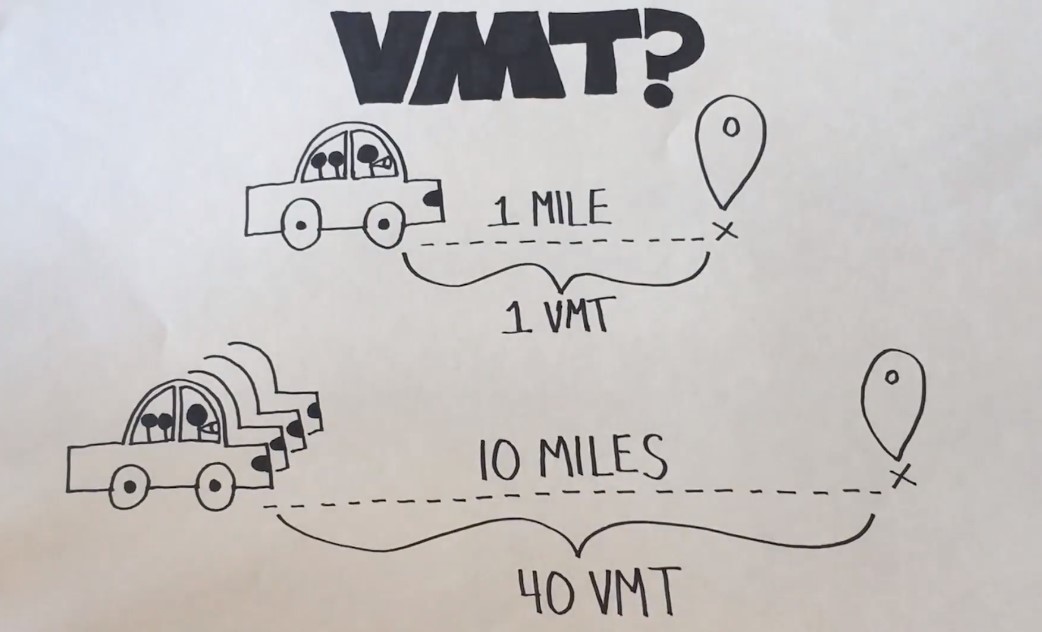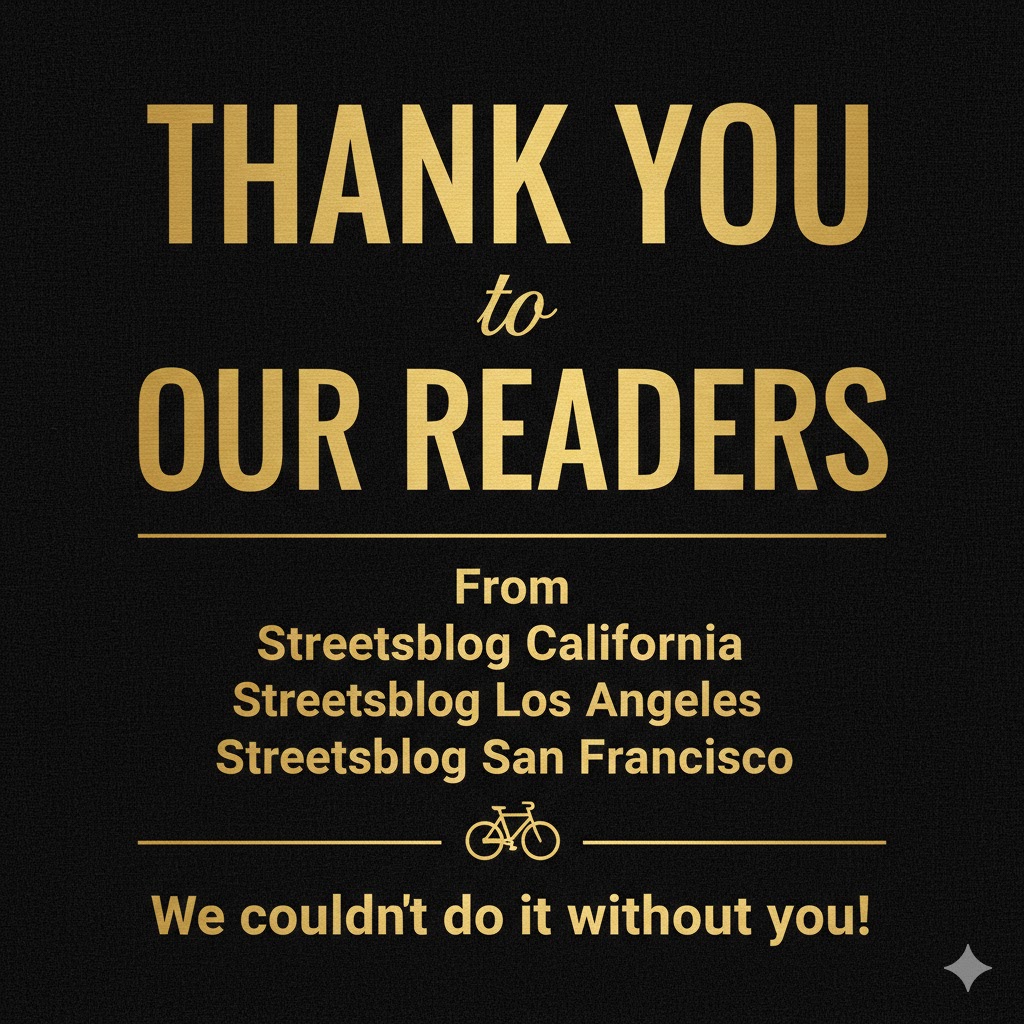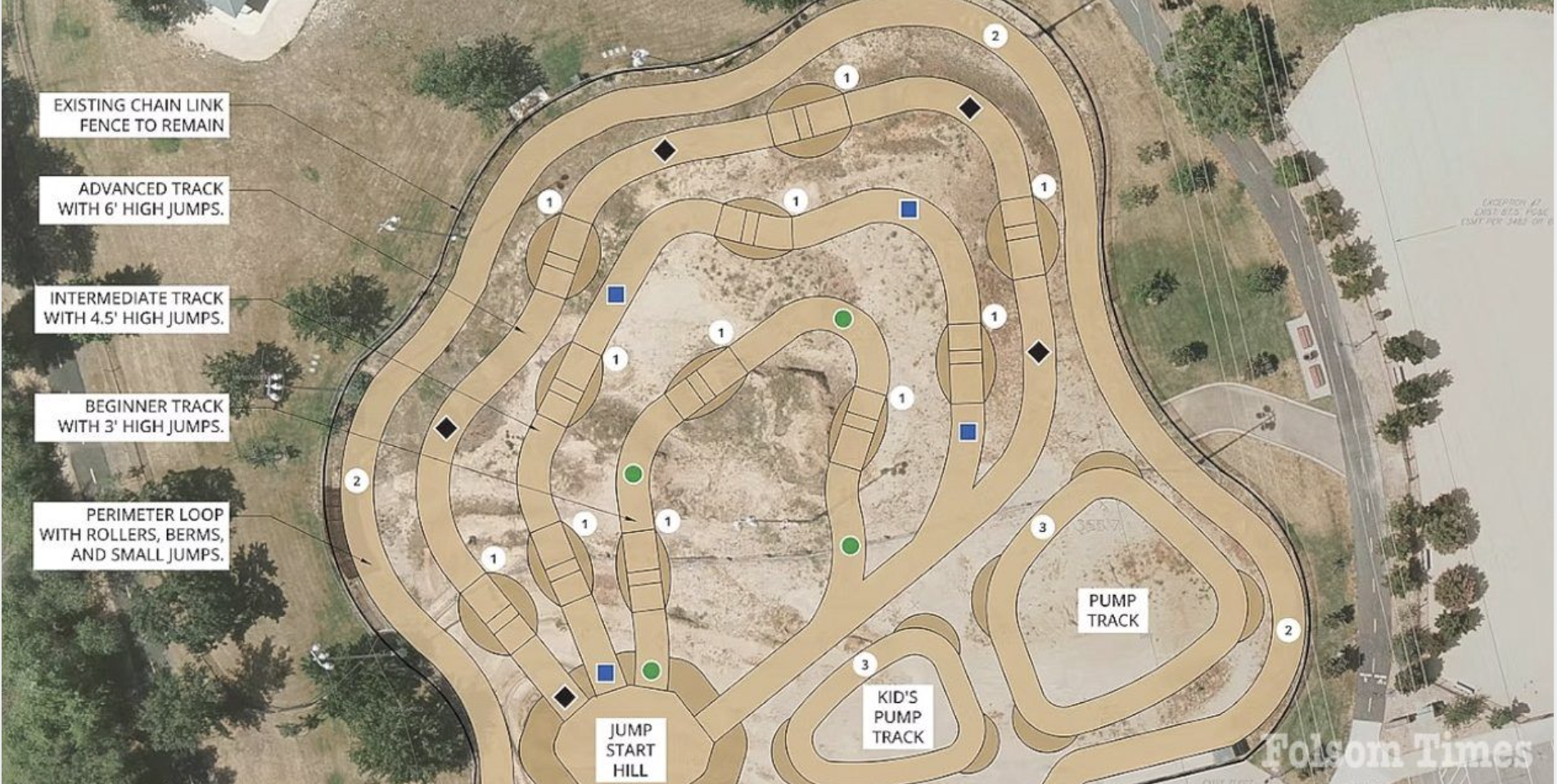On May 18, the White House released a technical-assistance guide to help communities access resources made available in the Infrastructure Investment and Jobs Act. Included are lists of resources for communities looking to apply for funding as well as groups that provide technical assistance, including the Communities First Infrastructure Alliance. On this Infrastructure Week 2022, Stephanie Gidigbi Jenkins, of NRDC and North Star Strategies, and Helen Chin, president of the Communities First Fund, discuss why the infrastructure bill and American Rescue Plan provide opportunities to create more equitable communities and why the Communities First Infrastructure Alliance is an important step forward in creating an ecosystem for support of the infrastructure bill and equitable distribution of resources.
For those of you who get your news through your eyes and not your ears, there’s an edited transcript below the audio player. For an unedited transcript, click here.
?
Stephanie Gidigbi Jenkins: One of the things that I’ve been thinking about is both the bi-partisan infrastructure deal and ARPA definitely presents a once in a generation investment. I see it as an opportunity to really embed community led solutions on equity, on our climate priorities, in our nation’s infrastructure. I don’t know how many people truly understand that, where we were building our infrastructure in the 1950s, that it was a different America where we literally were segregated by race and our infrastructure in many ways, continued to advance much of that divide, not just on race, but also on class.
So you can see across the country, both in urban and even in rural areas, just thinking about where off-ramps were placed, who had access to the communities were really a limited space for people to really move the way that they wanted to, but it also granted new ways for people to move more quickly and to invest in a different way and regions across the country. And you see the growth of specific regions because of the infrastructure that was placed then. What I do see as this opportunity that you’re talking about is really also an opportunity for state and local governments to make some different decisions than they’ve had in the past.
The majority of the resources will go directly to state and local government leaders. And so for example, for transportation, about 70 percent of that money is going to go directly to the state and local government. I’m not sure that there has been a true response in place as to how to support what is going to happen on the ground. What we know is that place matters that your zip code has more of a determining outcome for your life expectancy than your genetic code. So across the country, if each state is kind of doing their own thing, it also limits the opportunities that can ensure that our entire nation is really in the same place or how we can move toward progress collectively.
I think that that is one of the opportunities that this bill presents in many ways. One of the things that she talked about with the executive order on racial equity, and there was also an executive order on climate change and the importance of that, and there was a specific call-out of an idea around something called Justice 40 and the original premise came from something that was happening in New York, which I know you know a lot about. The thought process was that if 40 percent of the population is being impacted by disadvantaged investments, then what would it look like to put 40 percent of resources to ensure that there are greater outcomes on the benefit side?
It got elevated as a campaign commitment, that was an executive order, but I know we’ve discussed the importance of maybe we’ll shifting from a Justice 40 to really unlocking all of the federal resources and a kind of Justice 100 framework, right? That you would prioritize the federal resources that are made available to help those who have most been impacted by the decisions. I was hoping we could talk a little bit more about justice and what that looks like in the infrastructure investments that may be coming into place, to you.
Helen Chin: One of the things I just want to echo on, what you talked about, is the Justice 40 is the aspiration of thinking about how we apply this investment at the federal level, with some intentionality around the built environment, around climate, around environment. One of the things that I hold, though is, as you mentioned, it talks about benefits. It does not talk about actual investment. It does not talk about "all of government." There’s a lot of caveats and those caveats then, what we know to be true, because we’ve seen this other times in history is that what we’re starting to do is whittle away the dollars that are at the table.
Now what we’re left with is the crumbs, in some instance, but for me, it’s not even the crumbs. It is just the scent of what that pie is, because without true dollars associated with it, it’s up to the discretion of everyone. ...We have a legacy within this country where we use infrastructure as a way to segregate folks or to isolate folks and there’s harm that’s there. We have the executive order around racial equity that is acknowledgement of that. But then the translation into that is Justice 40. Then you don’t put any dollars associated to that. There is no incentive for anyone to change their behavior and I’m going to stay high and say, there’s no incentive, let alone a stick for anybody to change their behavior.
So why do it? So for me, Justice 40 is a nice idea, but in order for it to actually have teeth, it will need dollars associated with it and mechanisms for accountability that don’t exist. So the thing that I hold is, why, when I think about centering communities first, and being able to constantly reenforced like the need for communities to have standing, to have voice, to have agency defer to that, that Justice 40 proposition. When what communities actually have said they wanted is "Justice 100." By that, I mean, we are, as you said, putting out over a trillion dollars on the street. So why do I want the scent of it or some crumbs? Why can't an equitable proposition be tied to every dollar that goes out the door?
Folks will say. "it is complicated. It’s hard, we’ve done it this way." For me, those are excuses. There’s a real opportunity here. And we were able to build this country on another proposition in the fifties. What would it look like to actually institutionalize putting communities that have been most harmed at the center of the decision-making, but also the response that we need in that moment?
What that means is it’s a Justice 100; it’s not the crumbs, it’s the whole pie that we need to think about how we change and how we change the systems from making the pie, for the distribution of the pie, and then who actually benefits for it. My hope is that the federal government as well as ... those dollars, ... are actually going to cascade down at the state, regional, and local level. And there’s a real opportunity to re-imagine for everyone, how those dollars actually land, but we have to be intentional around again, this proposition that we are here and accountable to the communities that we have harmed or left behind in the past.






